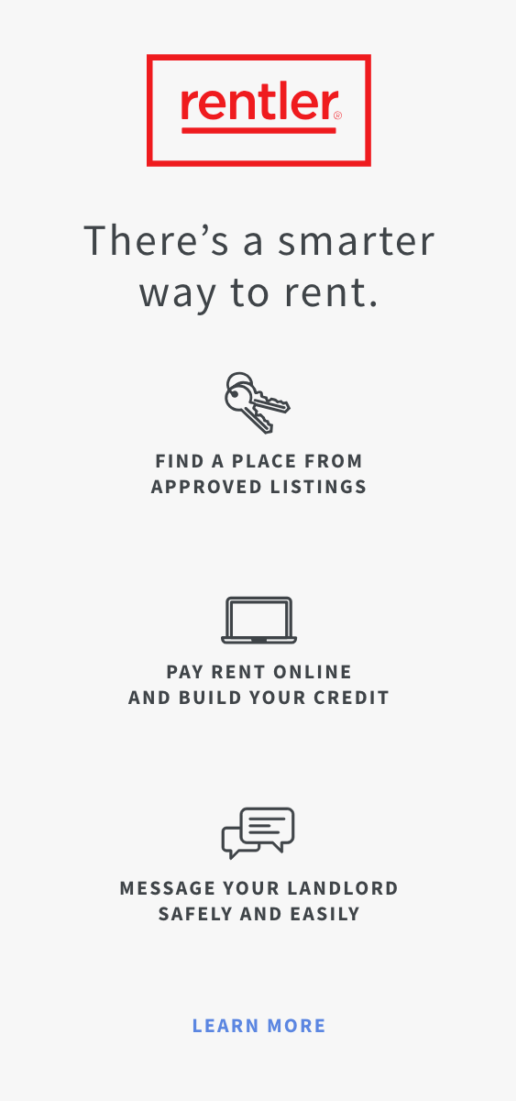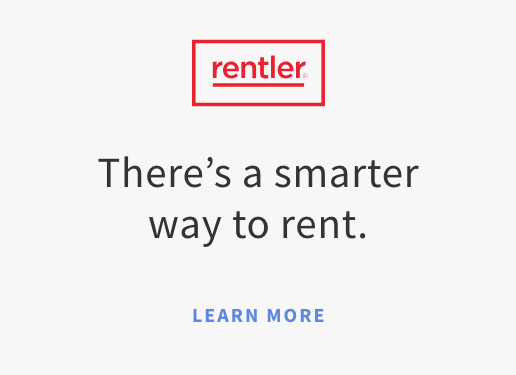Are you looking to rent a new apartment or home in Utah, but not sure how much you can afford? Determining your budget for rent can be a daunting task, especially if you’re not sure what a good rent-to-income ratio looks like. In this article, we’ll explore the average rent-to-income ratio in Utah and provide some tips for determining how much rent you can afford to pay.
What is the average rent-to-income in Utah?
According to data from the U.S. Census Bureau, the average rent-to-income ratio in Utah is around 25%. This means that, on average, people in Utah are spending about 25% of their income on rent. This is lower than the national average of 30%, which means that people in Utah may have more disposable income available for other expenses.
However, it’s important to remember that the average rent-to-income ratio in Utah is just that – an average. It doesn’t take into account individual circumstances such as overall financial situation and ability to save money. Therefore, it’s important to consider your own financial situation when determining how much rent you can afford to pay.

- What is the cost of living in Utah?
The cost of living in Utah is generally lower than the national average. According to data from the Council for Community and Economic Research, the cost of living in Utah in 2022 was 92.8, which is lower than the national average of 100. This means that the overall cost of living in Utah is about 7.2% lower than the national average.
- Is housing more expensive in Utah compared to other states?
The cost of housing in Utah is generally lower than the national average. According to data from the U.S. Census Bureau, the median home value in Utah in 2022 was $488,300. However, it’s important to note that housing costs can vary significantly depending on the location and type of housing.
- What is the average rent in Utah?
The average rent in Utah varies depending on the location and type of rental property. According to our data, the median rent in Utah in 2022 was $1,571 per month. This is lower than the national median rent of $2,002 per month. However, it’s important to note that rental prices can vary significantly depending on the location and type of rental property.
How to determine your budget for rent?
One way to determine your budget for rent is to consider your monthly income and expenses. Start by calculating your monthly gross income, which is the amount of money you make before taxes and other deductions. Next, subtract any fixed expenses such as car payments and student loan payments to determine your disposable income. Finally, consider your other expenses such as groceries, entertainment, and savings to determine how much of your disposable income you can afford to spend on rent.
Another factor to consider when determining your budget for rent is your credit score. A good credit score can help you qualify for lower rent payments or better apartment options. To improve your credit score, make sure to pay your bills on time and reduce any high balances on your credit cards. It’s also a good idea to consider your long-term financial goals when determining your budget for rent.
What is the ⅓ rule?
The 1/3 rule is a guideline that suggests that your rent payments should not exceed one-third of your gross monthly income. This rule is often used as a way to determine how much rent you can afford to pay, and it’s based on the idea that you should be able to comfortably afford your rent without sacrificing other important expenses such as food, transportation, and savings.
While the 1/3 rule is a useful guideline, it’s important to remember that it’s just that – a guideline. Your individual circumstances, such as your overall financial situation and your ability to save money, may mean that you can afford to pay more or less than one-third of your income on rent. Therefore, it’s important to consider your own financial situation and budget when determining how much rent you can afford to pay.
Final Words
In summary, a good rent-to-income ratio in Utah is around 25%. However, it’s important to consider your individual financial situation and long-term goals when determining how much rent you can afford to pay. By considering your income, expenses, credit score, and financial goals, you can find a rental that fits within your budget and allows you to live comfortably.




